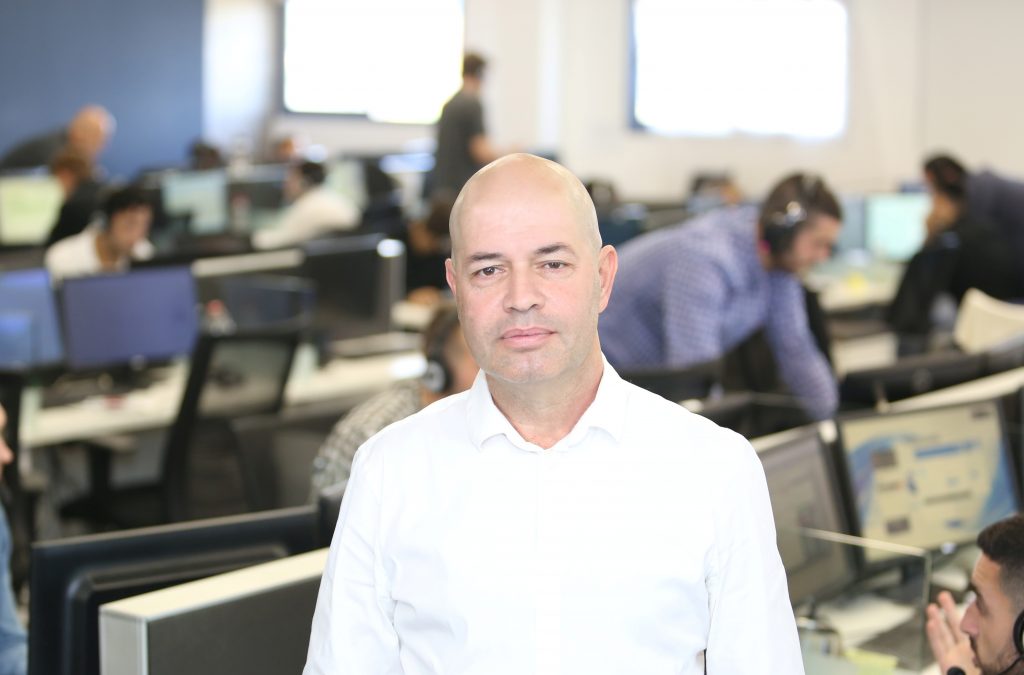
Yossi Herzog, a senior CEO in the international capital market, presents a snapshot of the current situation in regard to capital market regulation in Israel and around the world, and forecasts the state of the market over the next several years.
Technological progress is changing the world of commerce in the capital market: financial products are becoming more sophisticated at a faster pace than ever before and the challenge is predicting the next step. The ability to receive updated and relevant information regarding the capital market at any time has increased participation and trade in this market.
The traditional banking system, which relies on face to face activity at the branches, has now realized the power of the digital trend, which is evident in the fact that the large banks in Israel are planning to decrease the number of their branches. I estimate amount of branches will be cut down to approximately 20% of their current number.
The Problem with the Israeli Regulator
The current day financial market is far more diversified than it was half a century ago, or even less. Each of the capital market fields is endless: trading in bonds, foreign exchange, CFD, shares, etc. The big problem nowadays lies in the regulator’s difficulty in keeping up with the pace of the financial instruments being developed in each of the fields, and it seems as if he has chosen to block out any communications from entrepreneurs and private companies. The banks’ trade rooms also insist on adhering to the previous century’s format and are lagging behind the advanced digital financial world.
The dynamics between the Israeli regulator and private companies is absurd – instead of the regulator working towards opening the markets, offering solutions, or at the very least, coping with technological innovations and progress while at the same time holding an ongoing dialog with the entrepreneurs, the regulator suffocates any innovative entrepreneurship in the financial arena.
Currently, the regulator’s greatest challenge is finding the Center of Balance between the desire to protect investors and the desire not to impair the business sector.
When the regulator investigates any kind of incident, the slightest potential for failure down the road serves as an excuse to stop any action. This lack of movement in the financial arena does not allow learning and rejuvenation processes to take place in the capital market. One of the by-products of this categorical refusal to engage in innovative fields is the resulting negative image suffered by the capital market players, especially those offering non-traditional, digital investment solutions.
The regulator’s suffocating hug takes place under the auspices of protecting the investors; however, ultimately, the market is Israel is exceedingly closed to international activities and innovative horizons that would make things easier and cheaper for the consumers. If we compare this to the health care, the Ministry of Health’s regulator consists of leading experts in their field, who would easily be able to provide a decisive answer to every medical innovation landing on their doorstep. In the capital market, the private companies do not act within clear boundaries – and even when a regulation is dictated, it is vague and the entrepreneurs end up paying a weighty and unproportioned price for every mistake they make.

Yossi Herzog. “Ultimately, technology and progress wait for no one”. | Photo: Yael Zur.
Change Regulation
So what does the future hold? How can trust be generated between the parties?
As a prerequisite, it is paramount that the Israeli regulator perceives differently of its function:
• Like every well managed place in the world, regulation should be clear and concise. If a certain product has been approved, it should be permitted for use without zigzagging back and forth. The party breaking the rules should be the one penalized and not the entire field.
• Thinking teams and a round table with private companies should be established in an attempt to anticipate the direction the market is moving in and the players’ new needs. The tendency should be towards embracing and adopting technological innovation and progress – the moment the regulator no longer sees every product as a potential ‘bomb drop’, hesitation and fear will diminish and clear the way for fruitful collaboration.
• Embracing international regulatory practices – Passporting. If a certain company receives approval from a stringent regulatory body (such as the FCA in the United States), the product’s adoption should be considered favorably, while taking the Israeli economy’s financial climate into account.
“Ultimately, technology and progress wait for no one. In the near future we will be seeing advancements ranging from trade rooms run by artificial intelligence like Siri and automatic online consultation via smart devices from anywhere in the world, to products and financial instruments currently beyond our field of vision. In the vision I have, private companies and the regulator sit together, plan and anticipate the market trends and create a climate in which entrepreneurship and supervision go hand in hand. The Israeli regulator can serve as a light to all nations by pushing the market further towards progress, bringing about innovations himself and leading the market forward,” summarizes Herzog. |

